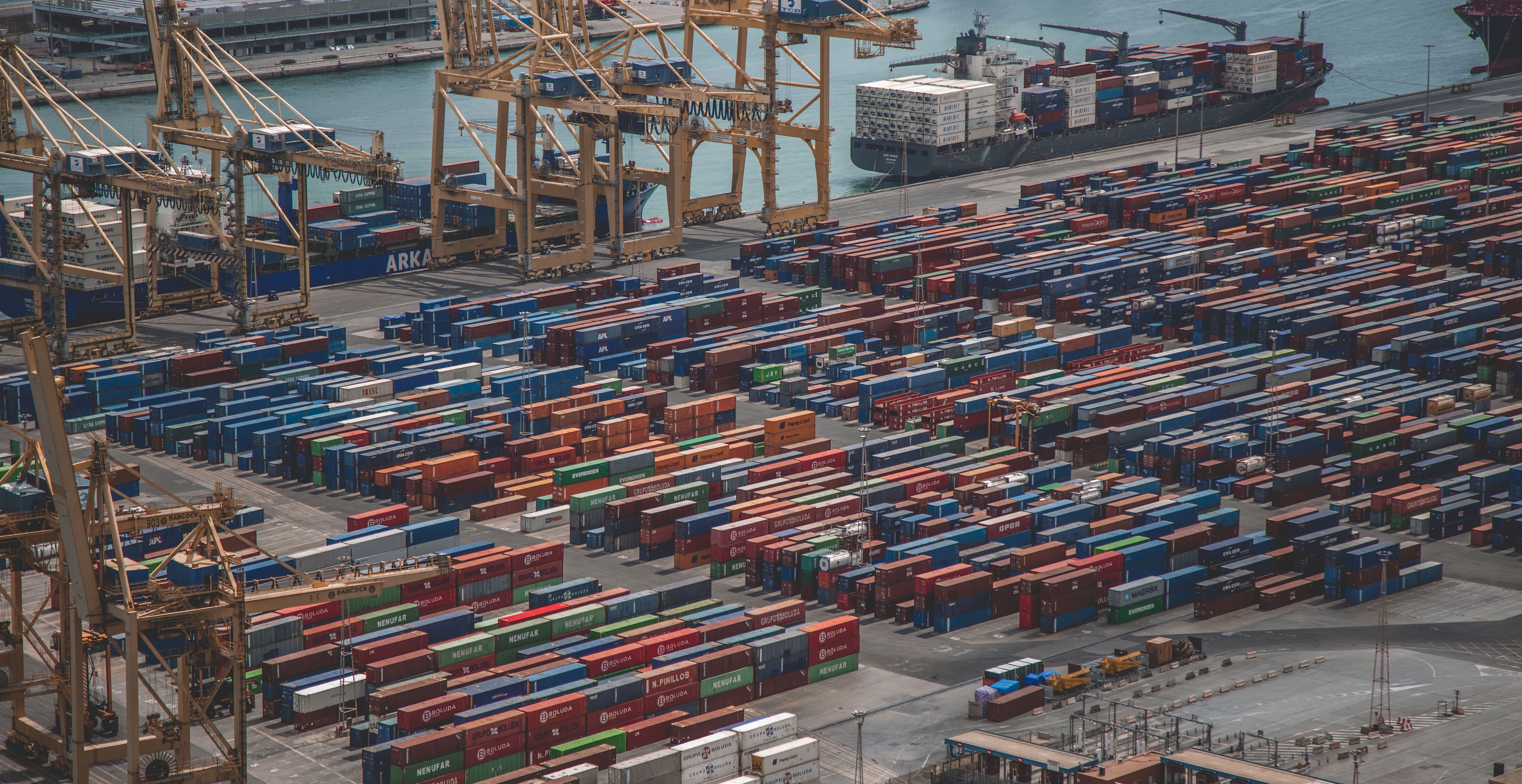Is Blockchain technology a suitable option for Supply Chain and Logistics?

At present, global supply chains are becoming pretty complex due to lack of transparency, interoperability and unreliable data within their processes. So far, Supply Chain seems to work, but Blockchain could bring more order, transparency, and efficiency for everyone involved.
The blockchain is quickly being integrated into multiple layers across the Supply Chain, transforming processes and transactions in areas such as supplier payments, product traceability and contract proposals and implementation. One of the best things about the Blockchain is that, because it is a decentralised system that exists among all permitted parties (3Ps), there are no Middlemen, and it saves you time and conflict.
The Blockchain can prevent odd situations (error can take weeks to solve in the conventional technology), taking care of variabilities that might happen in an extend contract of the Supply Chain. It gives a shortcut to those issues arising in any company’s contracts that could have been written on many pages, and which make it difficult to control.
Blockchains have their problems, but they are evaluated undeniably faster, cheaper, and more secure than traditional systems, which is why banks and governments are turning to them. Blockchain has the potential to become the universal Supply Chain operating system – increasingly security, improving transparency and creating scalability in areas such as supplier payments, product traceability and contract bids and execution.
What are Smart Contracts?
The decentralised ledger could be used for Smart Contracts or the so-called “self-executing contracts, Blockchain contracts, or digital contracts”. In this format, contracts could be converted to computer code, stored and replicated on the system, and supervised by the network of computers that run the Blockchain. Smart contracts help to exchange money, property, shares or anything of value, in a transparent, conflict-free way, while avoiding the services of a middleman.
Moreover, smart contracts not only outline the rules and penalties around an agreement in the same way that a traditional contract does, but also automatically make compulsory those obligations. Blockchain, with this distributive or collaborative characteristic, aligns all the stakeholders to follow the procedures or stipulations in the day-to-day practice.
How does the Blockchain function in the Supply Chain?
It will take years to be embedded into our companies. We need pilot projects and the tech to implement it in our SC (a Digital and Physical approach.) its implementation can take around 18 months to see the light or benefits of deploying it, as you are integrating real changes.
The security on transactions have to be supported by standards, but the fact is that something is there but just going on slowly in governments and some businesses. That is why most companies have rules and agreements of their own to work with partners and their customers, forming groups which came to a consensus in Private Governance, in a way to continue to operate some protocols forms. However, they are eager to adopt over time any standards for specific documents and transactions coming from stablished-formal institutions in the area, necessary when not speaking the same language as your partners, creating any efficiencies but making it a lot harder.
Bitcoin and Cryptocoins related to Blockchain
The whole Blockchain considers Crypto coins, but it is something that we have to keep watching, as there is a lot of misinformation and a lot of negative comments or negative attributes from people into space who potentially hurt the concept of Blockchain. Bitcoins and Cryptocoins have the same technology but have to be treated differently, as they have different goals, different aspirations for the companies involved, different players and customers. Finally, they are very independent although they share the original technology.
CONCLUSIONS: Many of the players in Blockchain are still working on fundamental foundational aspects, such as speed, costs, scalability, privacy, and security of their Blockchain services. Decentralised consensus, decentralised trust, and distributed proof systems are some of the areas that are part of the next frontiers in software development.
Blockchain has to be aligned to the needs in the Supply Chain. This new thinking should be embedded in the mind of all in the company, as it will be a revolution when it comes to transparency, saving time, no human error, no manipulation, and better traceability in the industry.
Blockchain might not be the right technology for your enterprise, as it could be quite expensive to deploy, making it difficult to bring value to it. It seems that large companies are more suitable for Blockchain as it is a technology in business to business transactions or value change. It is going to take years to deploy Blockchain in all the supply chains in your business, as it implied time and money to implement it and see its benefits fully.
Dave Food
